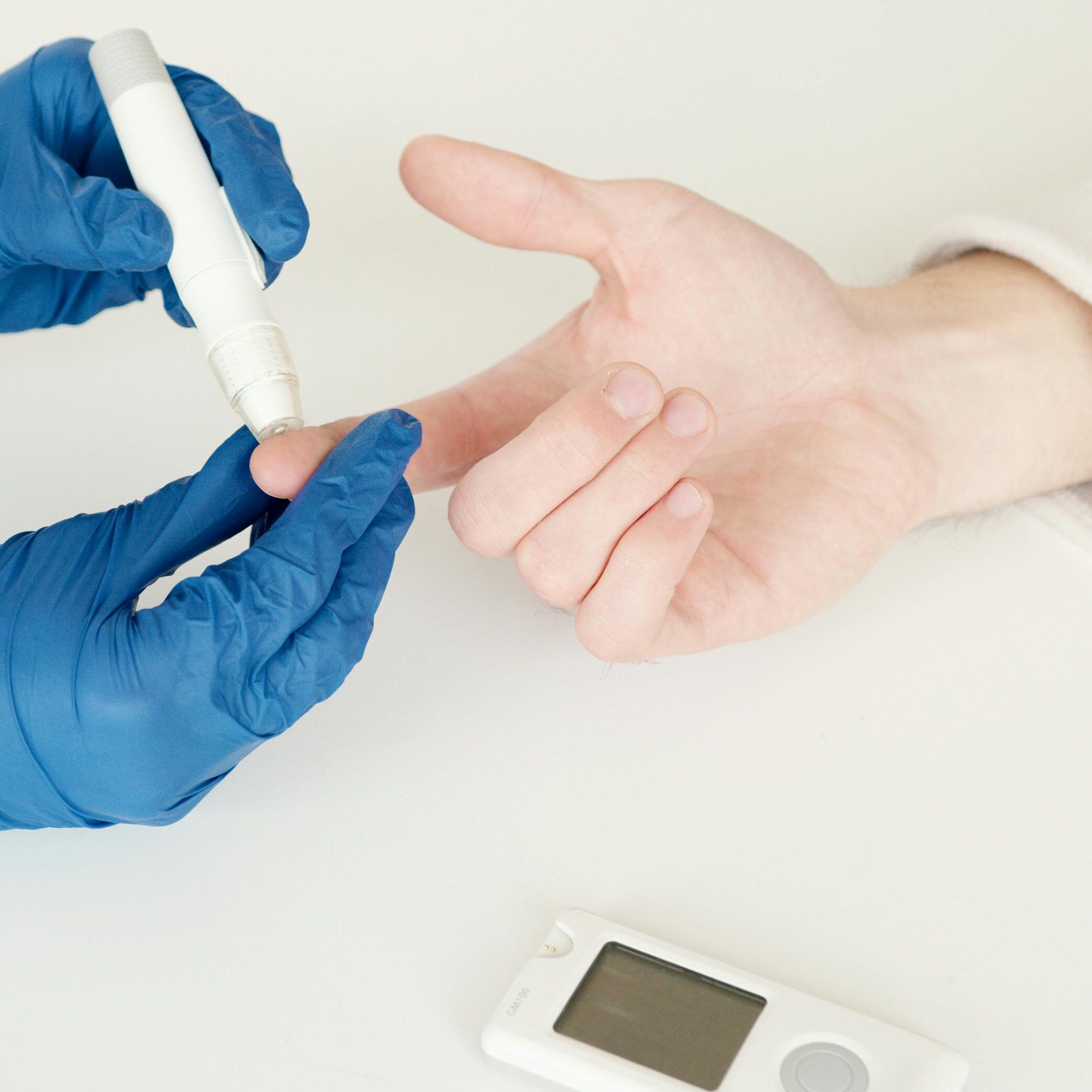Introduction
Sugar is everywhere. Whether it’s added to your morning coffee, hidden in processed foods, or featured in your favorite desserts, sugar has become a staple in many diets. While it’s easy to enjoy its sweet taste, the truth about sugar and its effects on your body might surprise you. From energy crashes to long-term health issues, sugar impacts your body in ways you might not expect. Let’s explore 7 shocking truths about sugar and what you need to know to protect your health.

Table of Contents
1. Sugar Causes Energy Spikes and Crashes
One of the most immediate effects of consuming sugar is the sudden spike in energy it provides. This is why sugary snacks are so popular for a quick energy boost. However, this burst of energy is followed by a rapid crash, leaving you feeling fatigued and sluggish. This up-and-down roller coaster of energy can leave you constantly craving more sugar, trapping you in a cycle of dependency.
2. Sugar Contributes to Weight Gain
Excess sugar consumption is one of the leading causes of weight gain. Sugar is packed with calories but offers no nutritional value, often referred to as “empty calories.” When consumed in excess, these calories are stored as fat in the body, leading to weight gain. Over time, this can result in obesity, which is linked to numerous health conditions, including heart disease and diabetes.
3. It Increases the Risk of Heart Disease
Consuming too much sugar has been linked to an increased risk of heart disease. High-sugar diets can raise blood pressure, increase inflammation, and contribute to unhealthy cholesterol levels, all of which are risk factors for heart disease. Studies have shown that individuals who consume more added sugar are at a higher risk of developing cardiovascular problems.


4. Sugar Negatively Affects Brain Health
Sugar doesn’t just impact your body; it can also affect your brain. High sugar intake has been associated with impaired memory and increased risk of cognitive decline. Research suggests that sugar can alter brain function and may contribute to conditions like Alzheimer’s disease. The short-term effects of sugar can also cause mood swings and make it difficult to concentrate.
5. Sugar Accelerates Skin Aging
If you’re concerned about the appearance of your skin, it’s time to consider how much sugar you’re consuming. A diet high in sugar can contribute to premature skin aging. Sugar reacts with proteins in your body, forming harmful molecules called advanced glycation end-products (AGEs). These AGEs damage collagen and elastin, the proteins responsible for keeping your skin firm and youthful. The result? Wrinkles, sagging, and a dull complexion.
6. It Weakens Your Immune System
A high-sugar diet can suppress your immune system, making it harder for your body to fight off infections and illnesses. Research has shown that sugar can impair the function of white blood cells, which are essential for defending the body against harmful bacteria and viruses. Reducing sugar intake can improve immune function and help keep you healthier.
7. Sugar Increases the Risk of Type 2 Diabetes
One of the most well-known effects of excessive sugar consumption is its link to Type 2 diabetes. Eating too much sugar over time can lead to insulin resistance, a condition where the body’s cells don’t respond properly to insulin. This causes blood sugar levels to rise, eventually leading to Type 2 diabetes. Managing sugar intake is crucial for preventing this condition.

Conclusion
The impact of sugar on your body goes beyond a sweet treat. From weight gain to increased risk of heart disease, brain health issues, and accelerated skin aging, the effects of sugar are far-reaching. By cutting down on sugar, you can protect your health and improve your well-being. If you’re looking for ways to reduce sugar in your diet, start by reading food labels, choosing whole foods, and opting for natural sweeteners like honey or stevia.
For personalized advice on managing your sugar intake, don’t hesitate to contact our healthcare experts at Health Authentica. We’re here to help you make informed decisions about your health.










